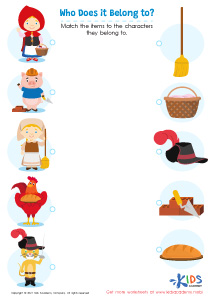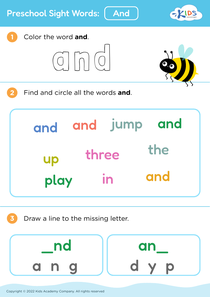Fine Motor Skills Preschool Reading Worksheets
30 filtered results
-
From - To
At Kids Academy, our Fine Motor Skills Preschool Reading Worksheets are designed to enhance your child’s developmental journey with fun, educational activities. These worksheets aim to strengthen fine motor skills essential for reading readiness by engaging children in tasks that improve hand-eye coordination, grip, and control. Our carefully crafted exercises, such as tracing letters and drawing shapes, are perfect for preschoolers to develop precision and confidence. By integrating these foundational skills into early learning, we help set the stage for successful reading and writing, ensuring a smooth transition into more advanced literacy skills. Unlock your child’s potential with our expertly designed resources today!
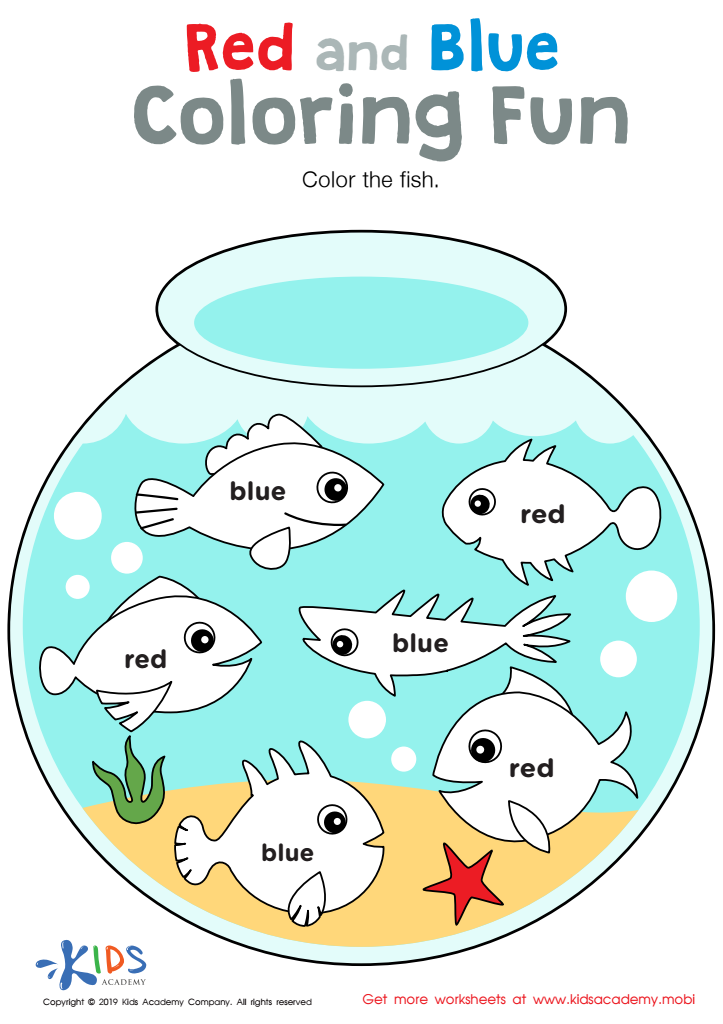

Red and Blue Coloring Fun Worksheet
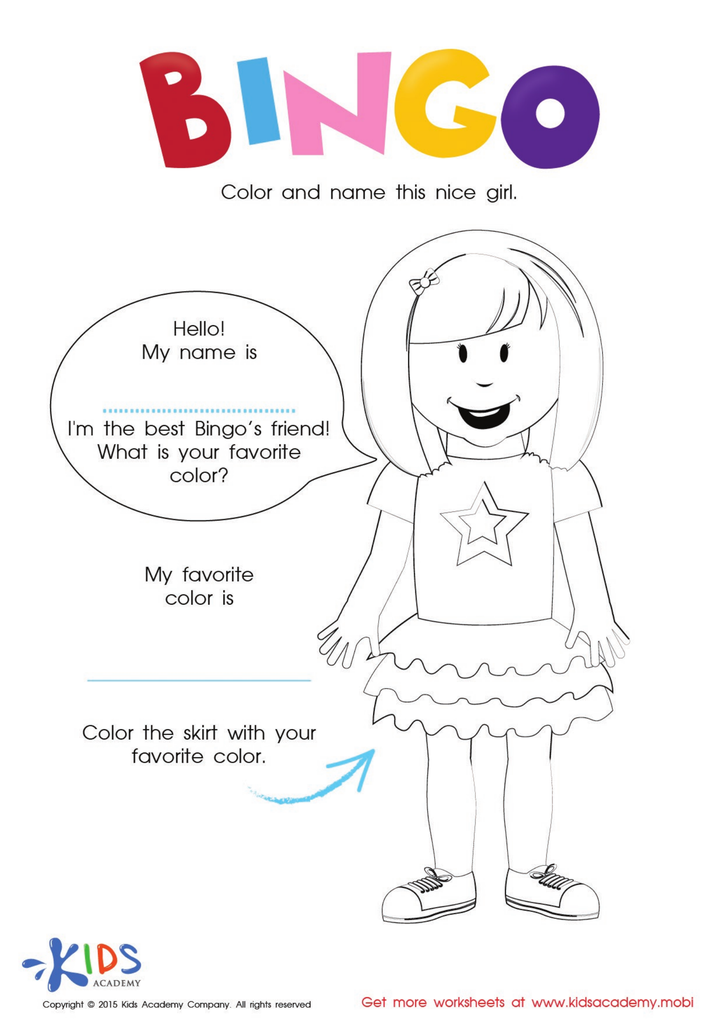

The Bingo Song: Coloring The Girl Worksheet
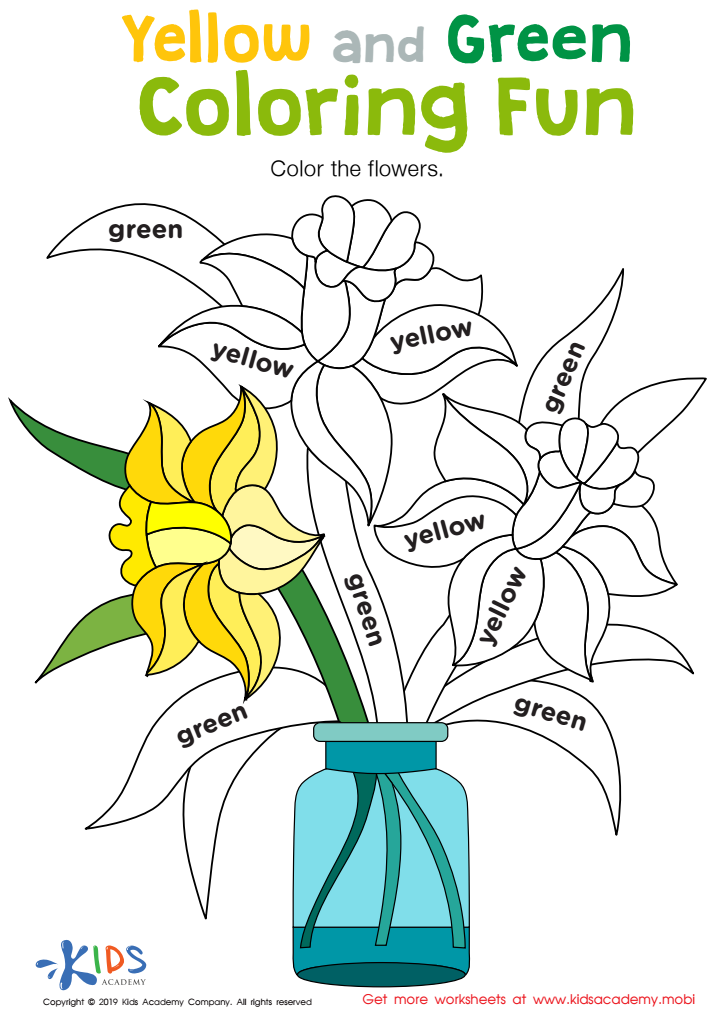

Yellow and Green Coloring Fun Worksheet


Baa Baa Black Sheep Printable
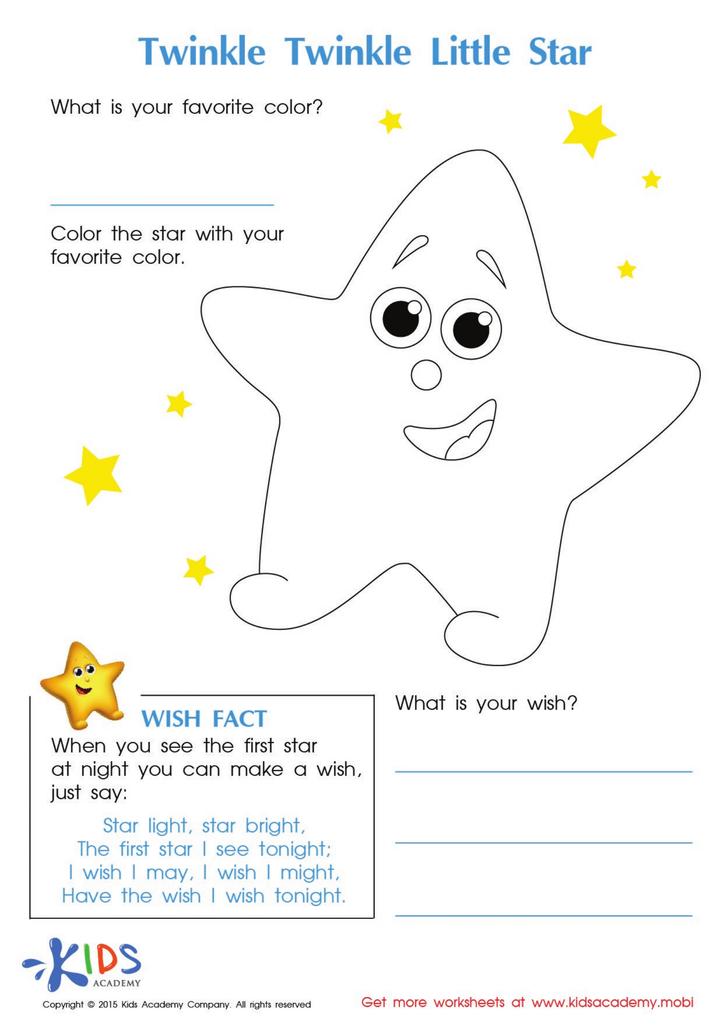

Twinkle Little Star Coloring Worksheet
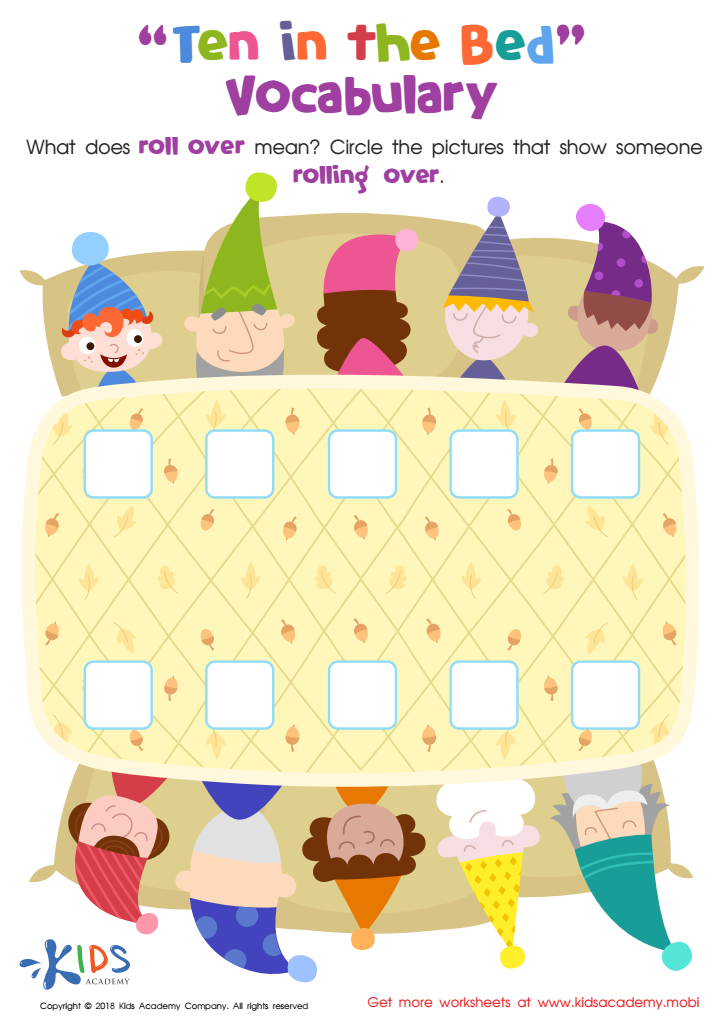

Ten in the Bed: Vocabulary Worksheet
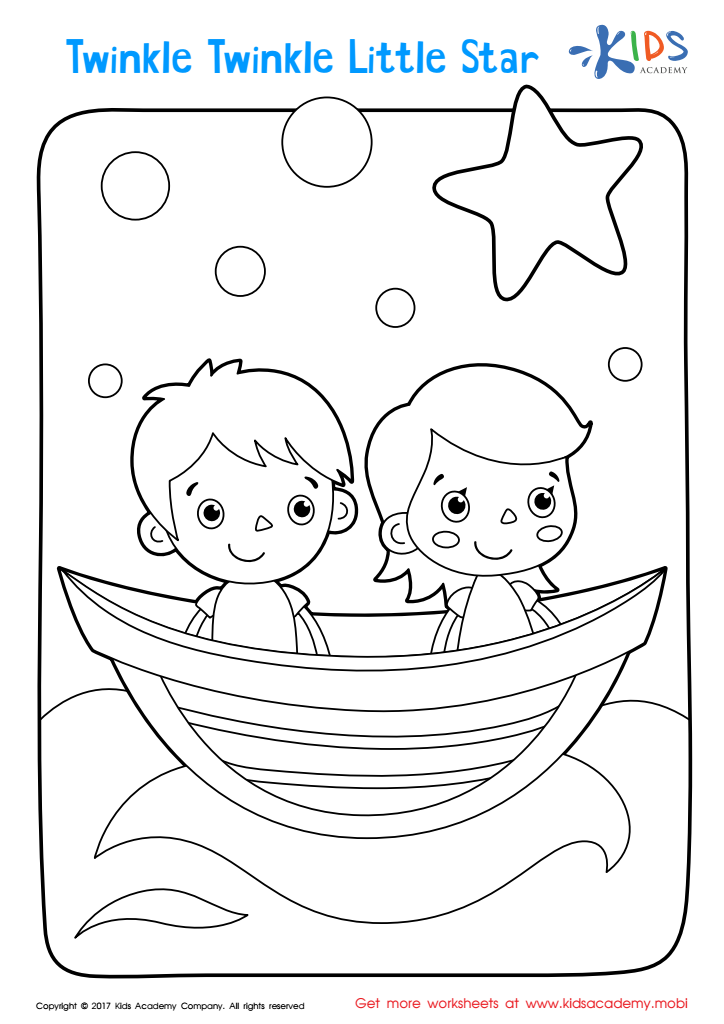

Twinkle Twinkle Little Star Coloring Page


Black and Brown Coloring Fun Worksheet
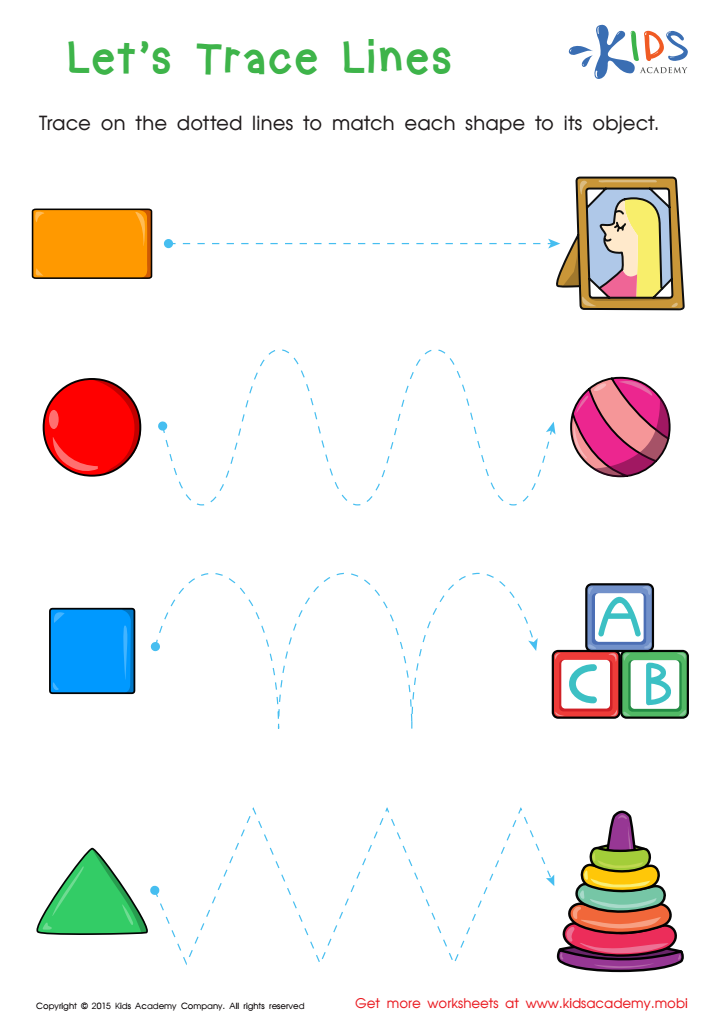

First Words: Let's Trace Lines Worksheet
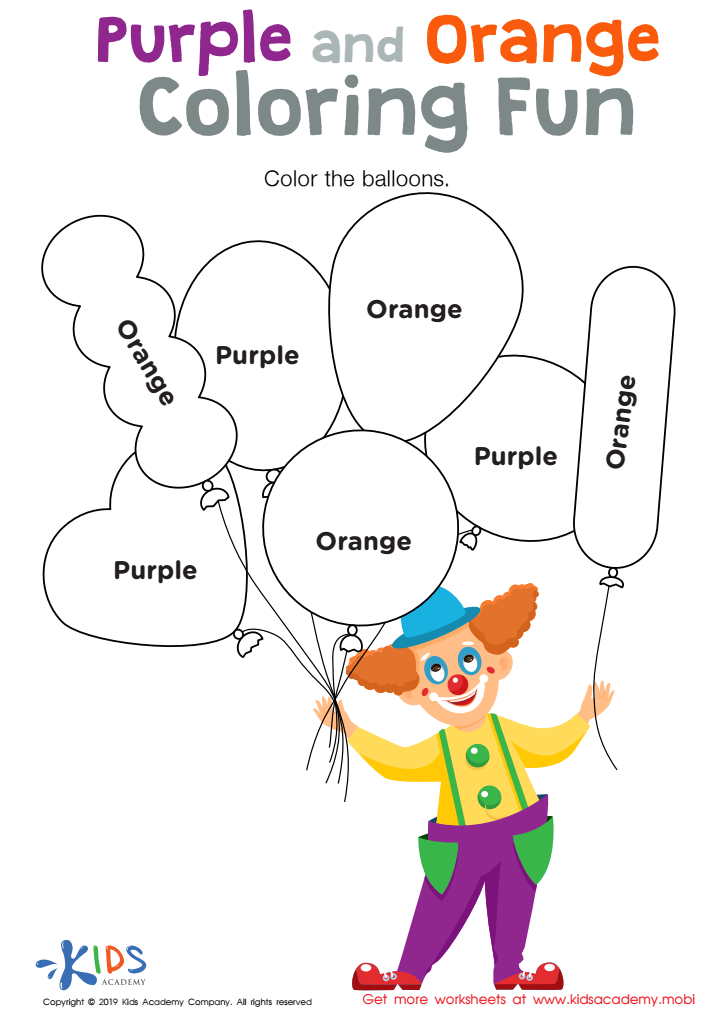

Purple and Orange Coloring Fun Worksheet
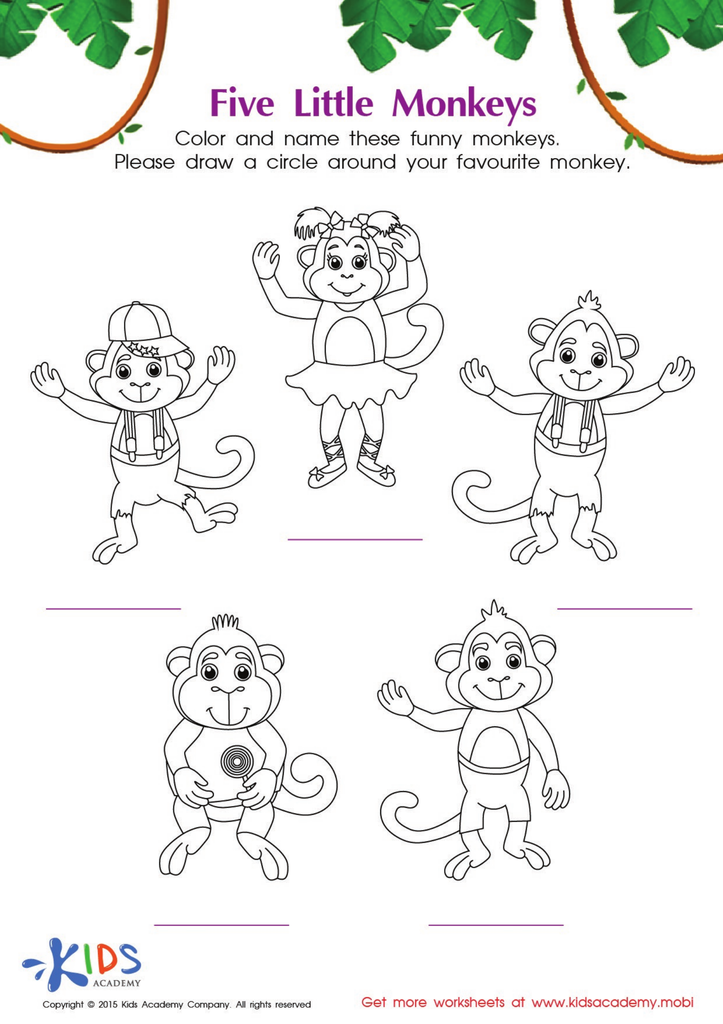

The Five Little Monkeys Coloring Worksheet
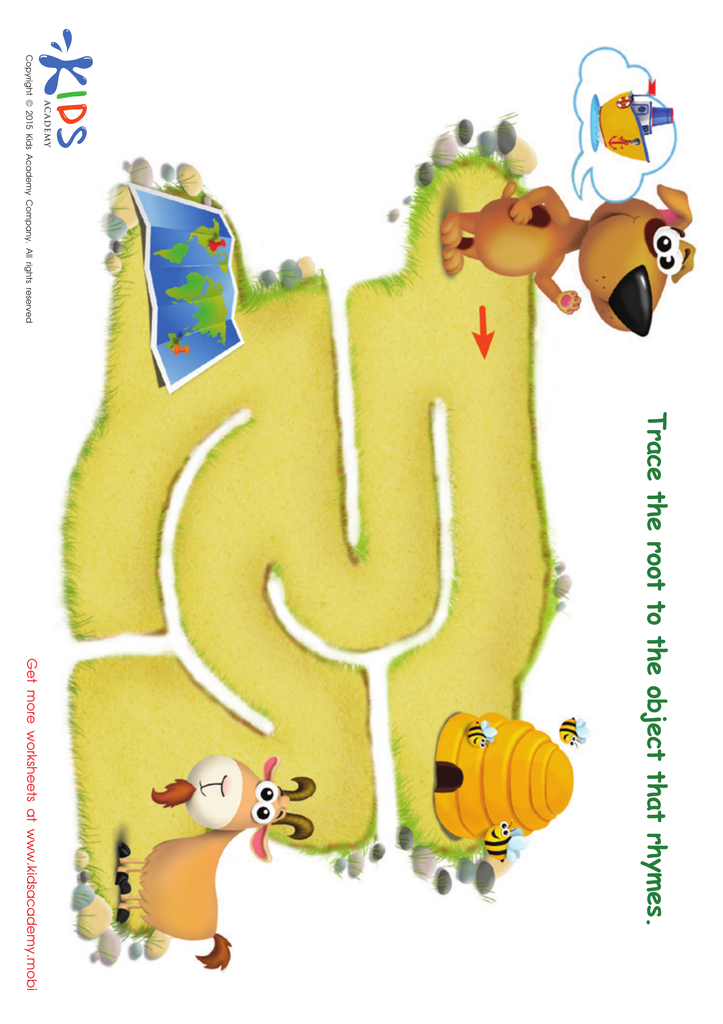

Boat Rhyming Words Worksheet


Long and Short U Worksheet
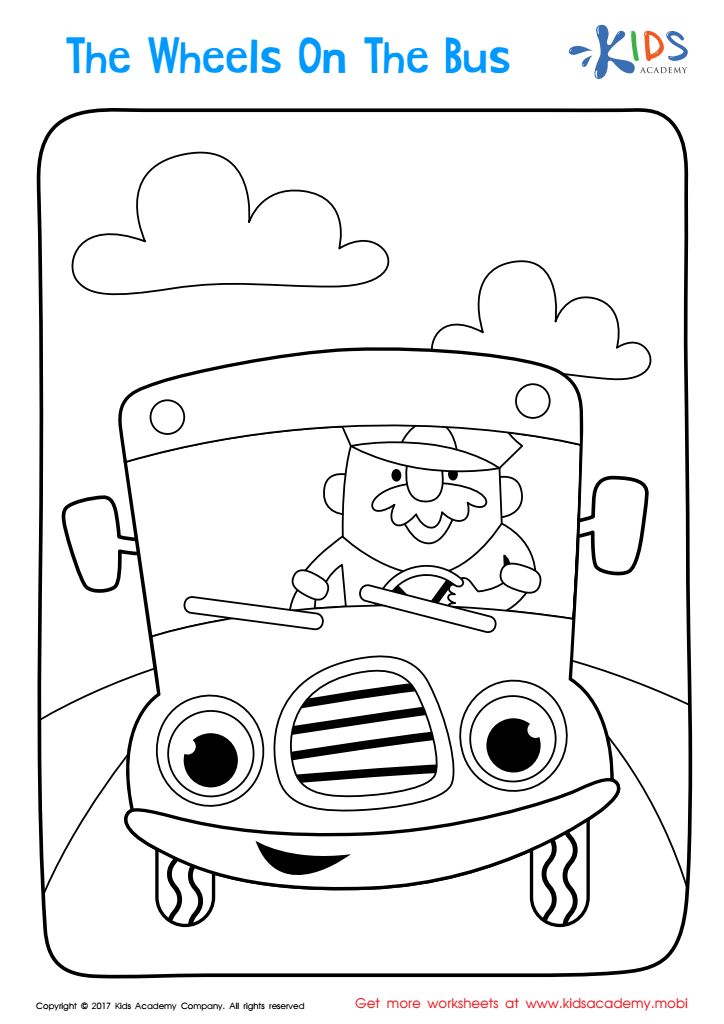

The Wheels on the Bus Coloring Page
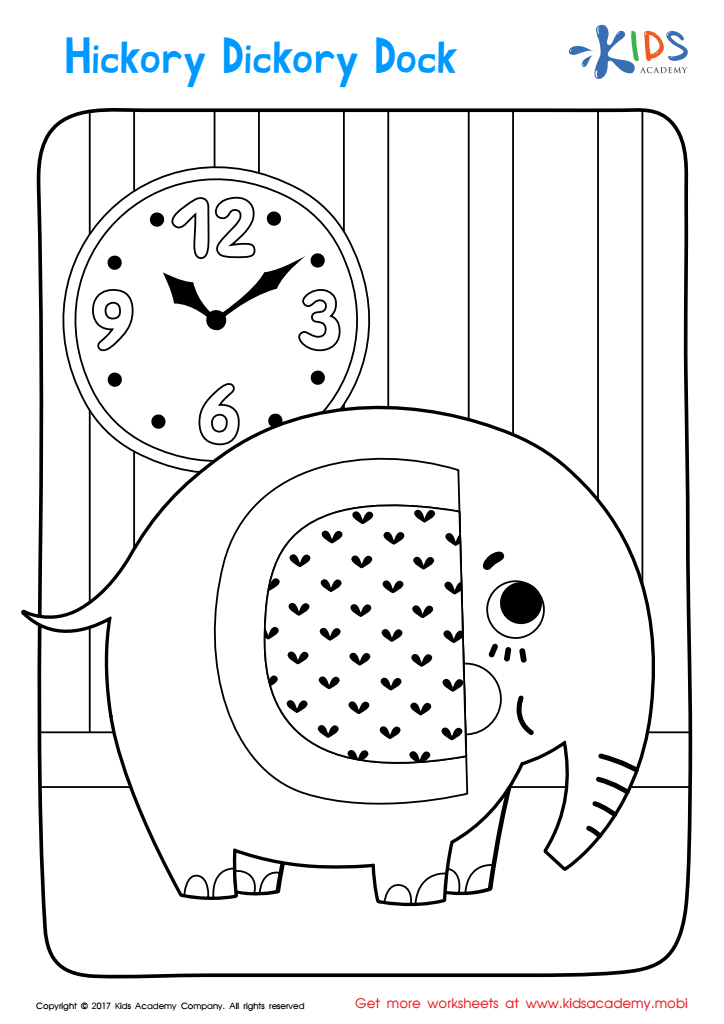

Hickory Dickory Dock Coloring Page
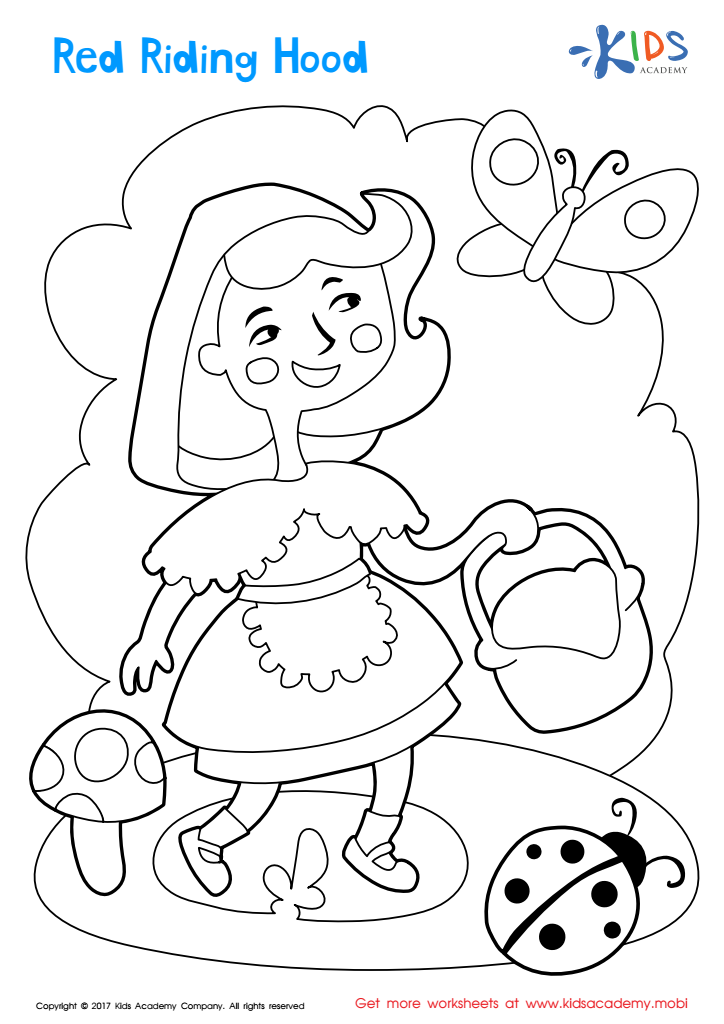

Red Riding Hood Coloring Page
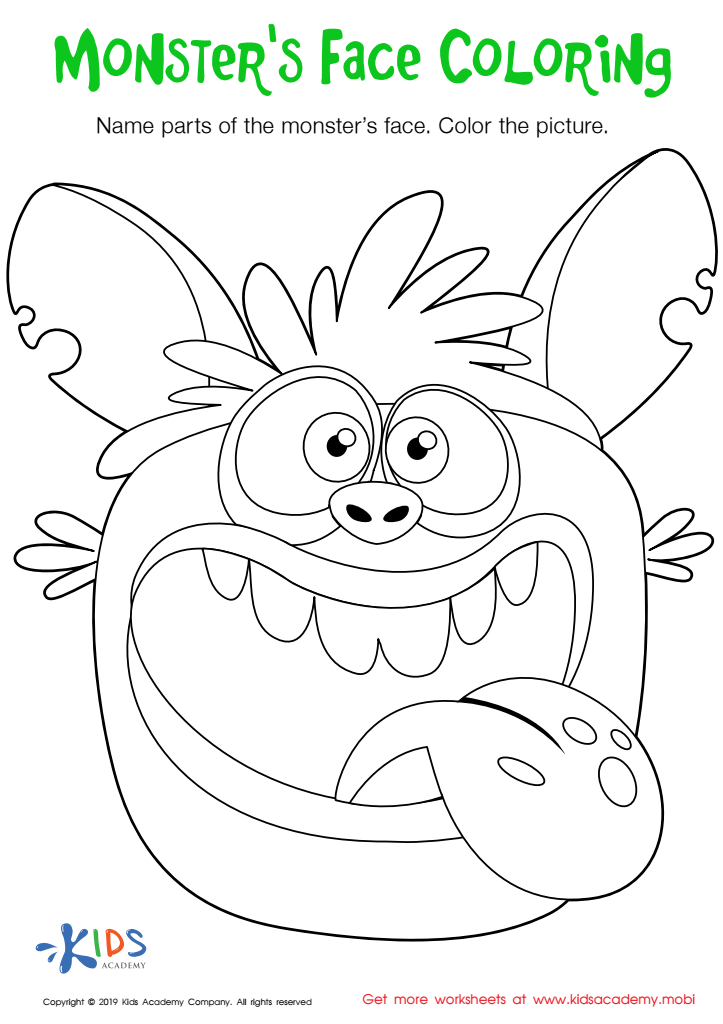

Monster's Face Coloring Worksheet
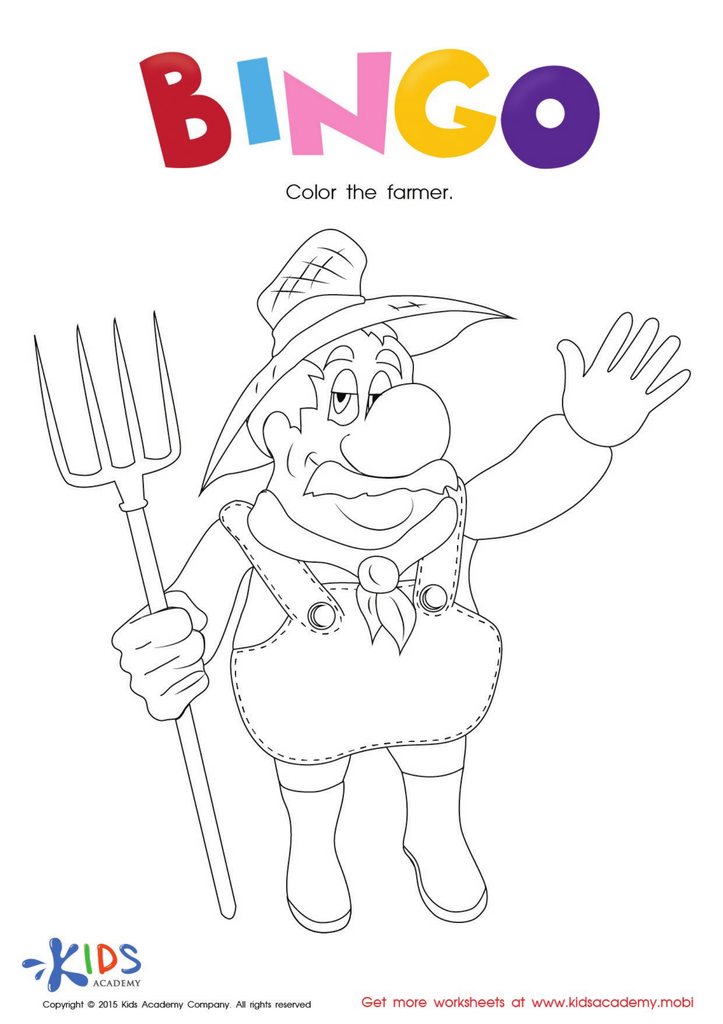

The Bingo Song: Coloring The Farmer Worksheet
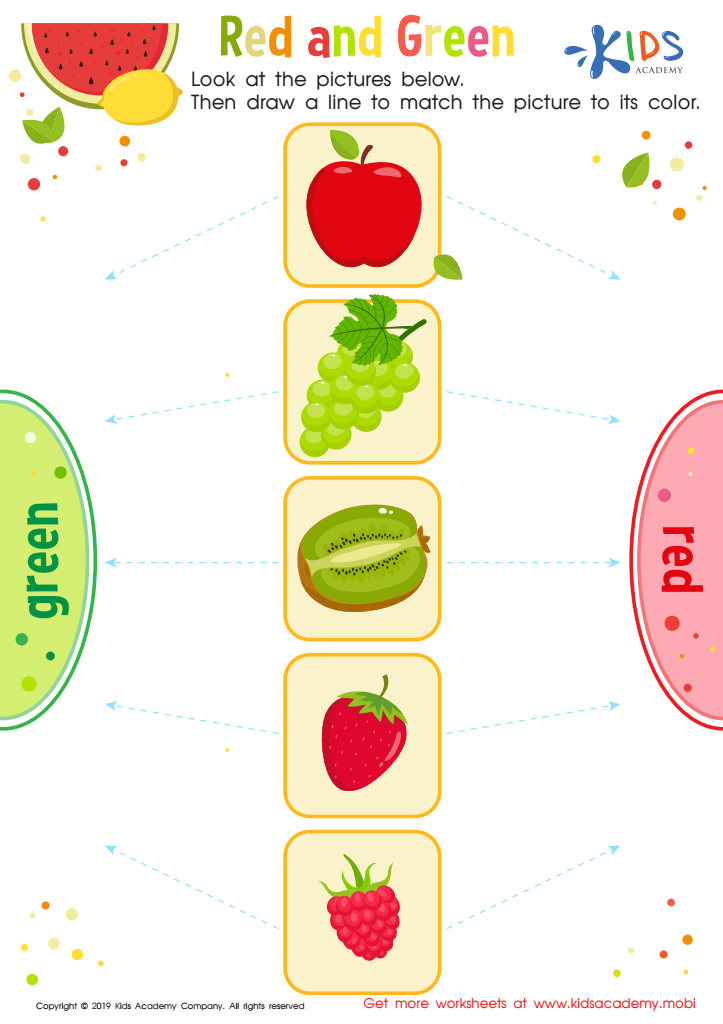

Red and Green Worksheet
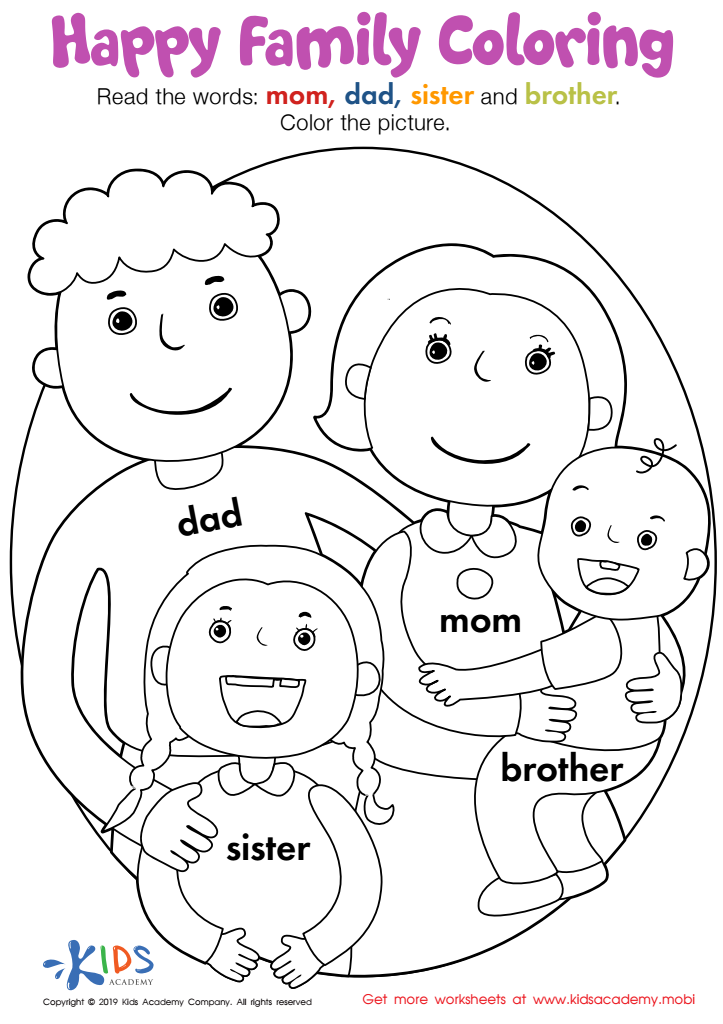

Happy Family Coloring Worksheet
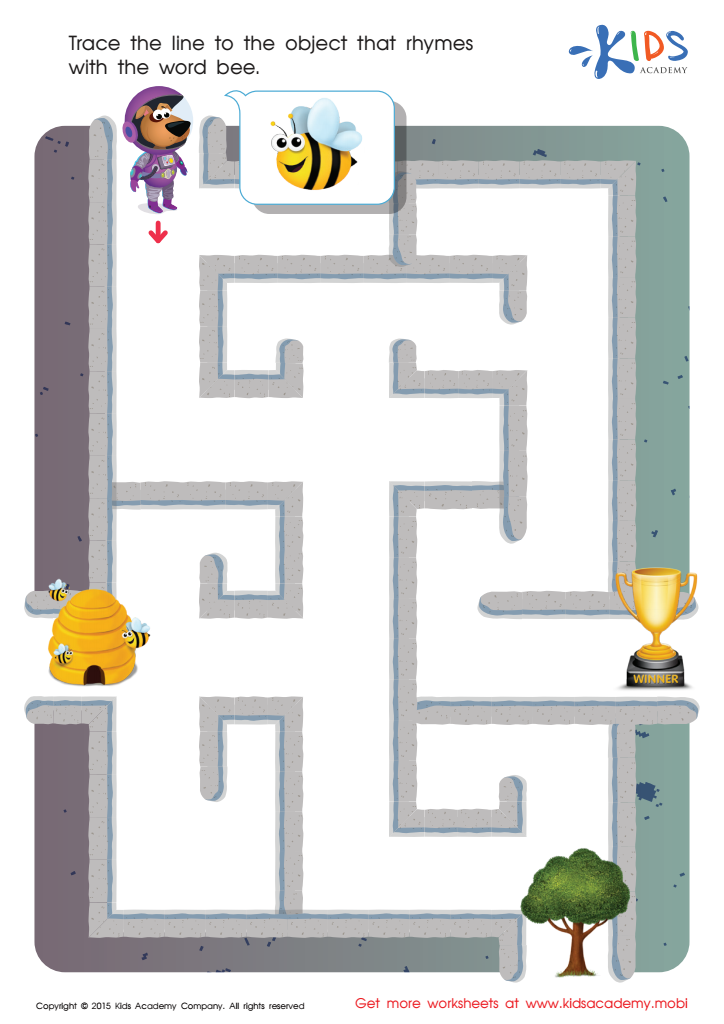

Bee Rhyming Words Worksheet
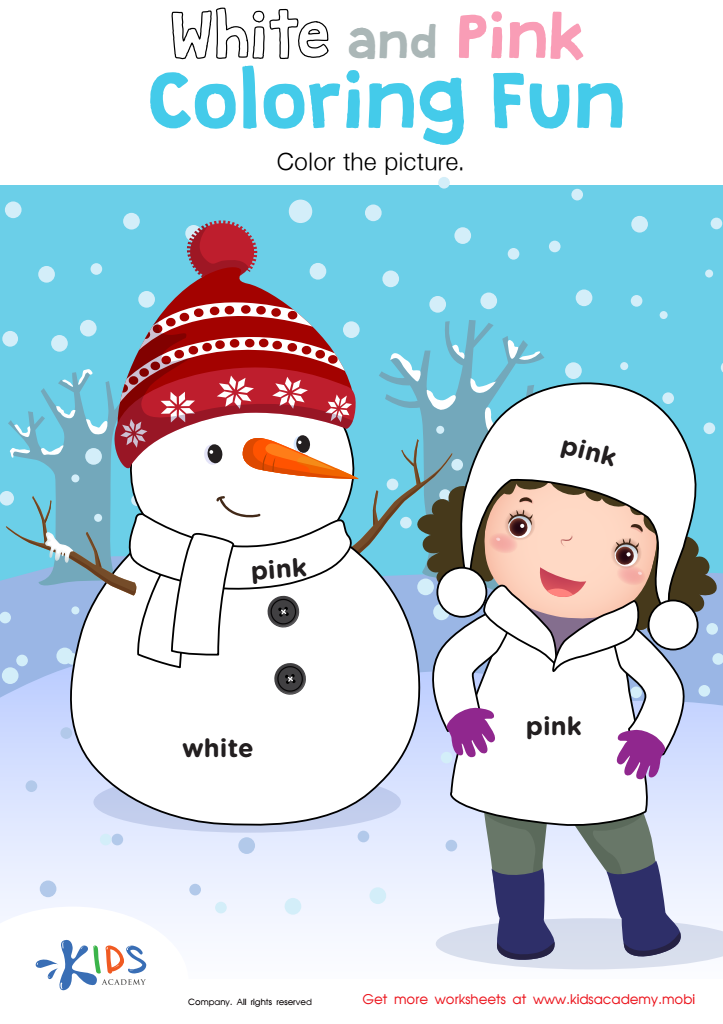

White and Pink Coloring Fun Worksheet
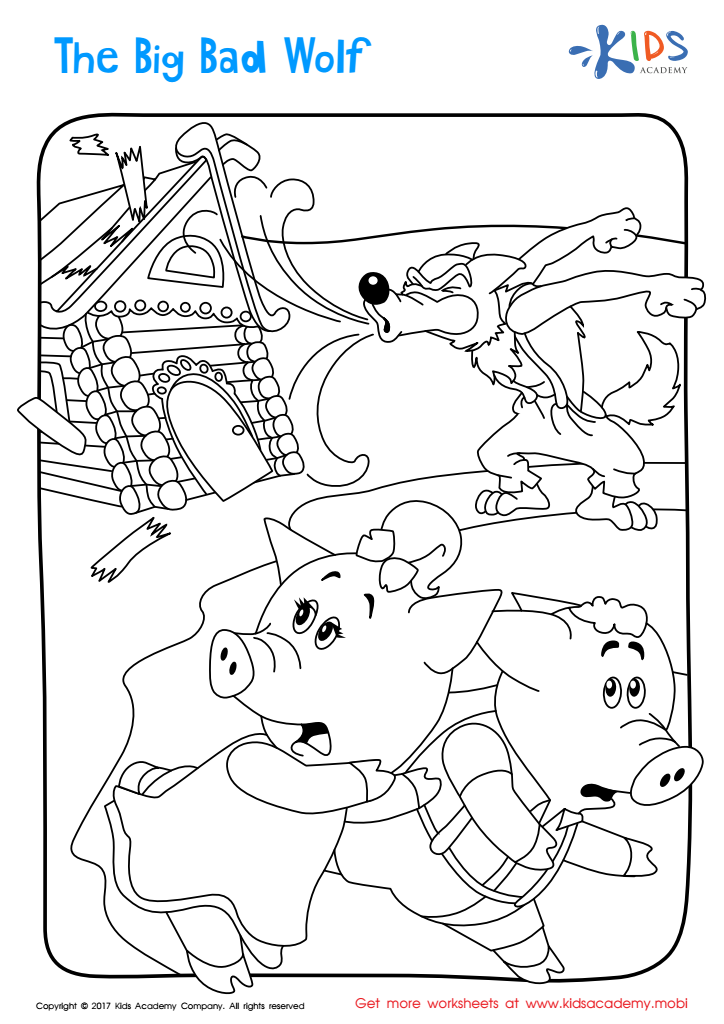

Big Bad Wolf Printable Coloring Page
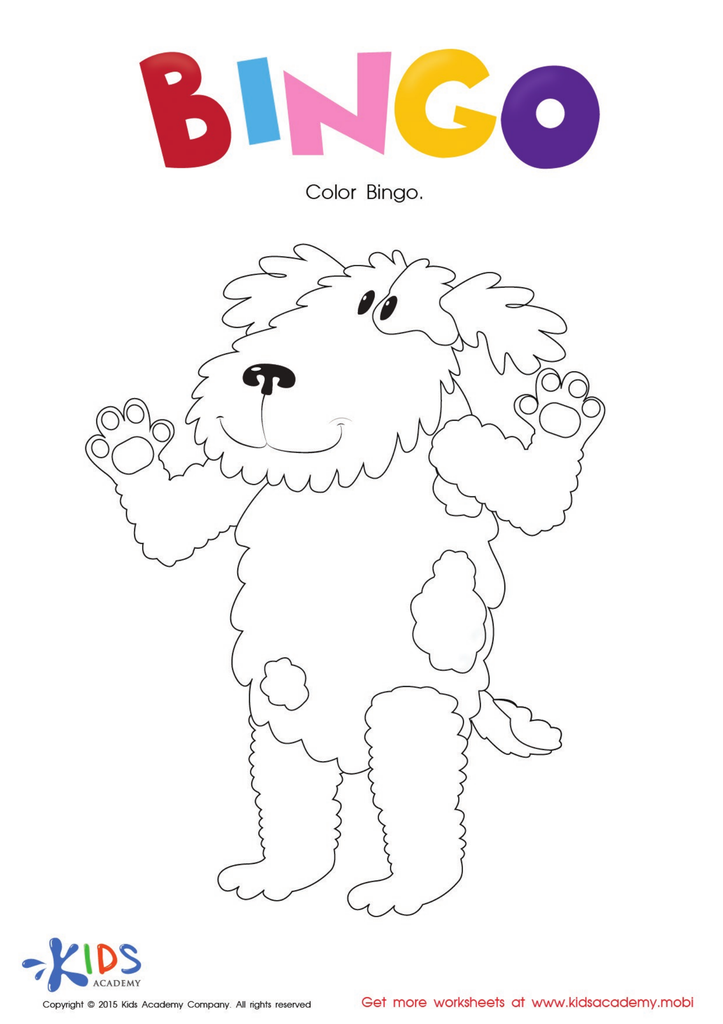

The Bingo Song: Coloring The Dog Worksheet
Fine motor skills are essential for preschool children as they form the foundation for reading and writing, impacting their overall academic performance. Parents and teachers should care about these skills because they involve the coordination of small muscles in the hands and fingers, which children need for tasks like holding a pencil, turning pages, and manipulating objects. Developing fine motor skills enhances hand-eye coordination and builds the dexterity required for writing letters and numbers accurately, an essential component of literacy.
Moreover, fine motor proficiency supports cognitive development. Activities aimed at improving these skills, such as cutting with scissors, drawing, and constructing with blocks, also bolster problem-solving abilities, spatial awareness, and memory, which are crucial for reading comprehension and other learning outcomes. Encouraging these activities can make reading more enjoyable and less frustrating for young learners, fostering a positive attitude towards learning and school.
Additionally, strong fine motor skills help boost a child’s confidence. Success in simple tasks leads to a sense of achievement and autonomy, which is equally important for emotional and social development. Recognizing the integral role fine motor skills play in early literacy can motivate parents and teachers to provide appropriate support, tools, and opportunities to practice, ensuring a smoother academic journey for children.
 Assign to My Students
Assign to My Students










